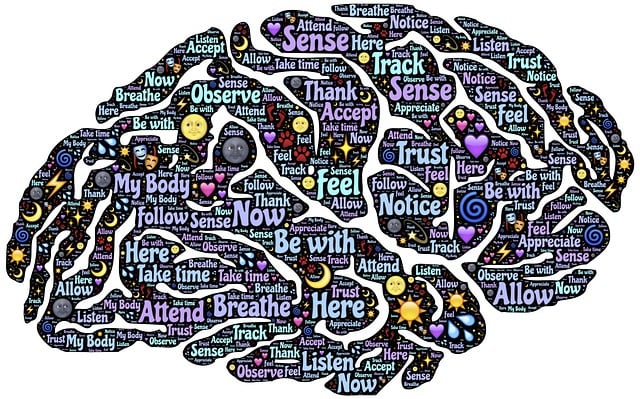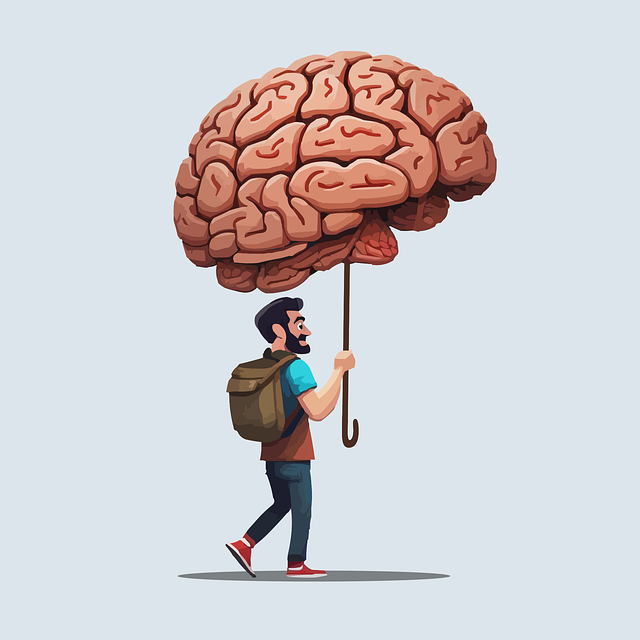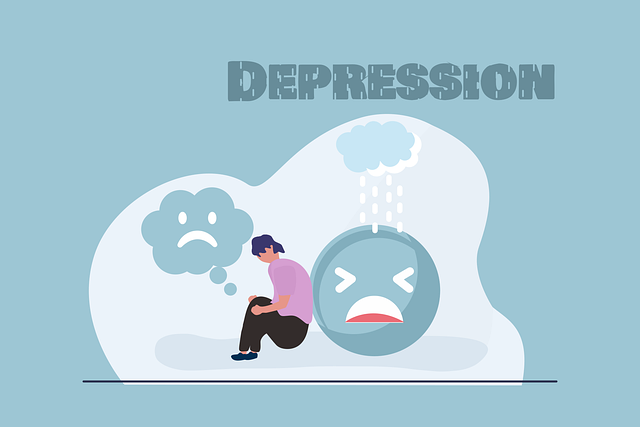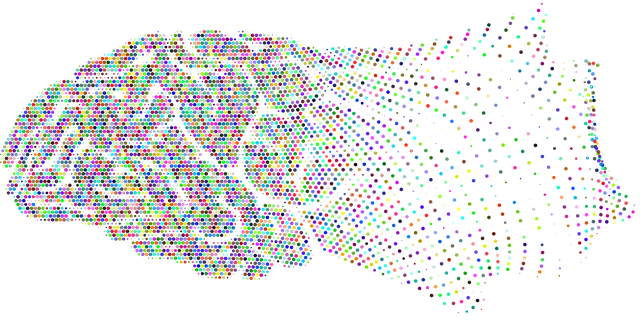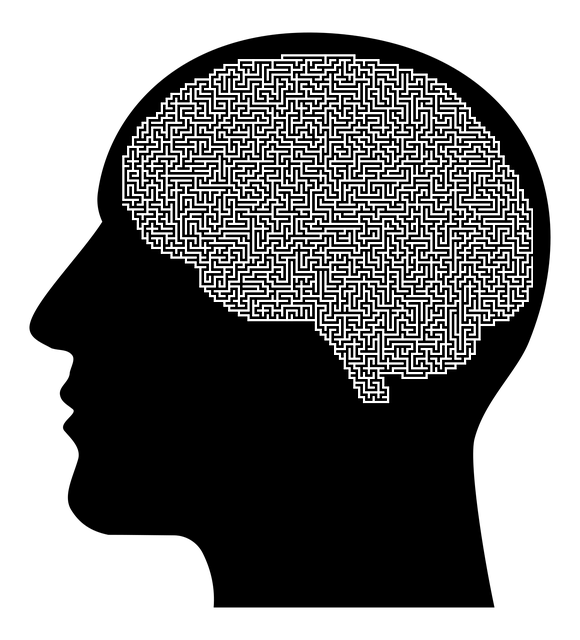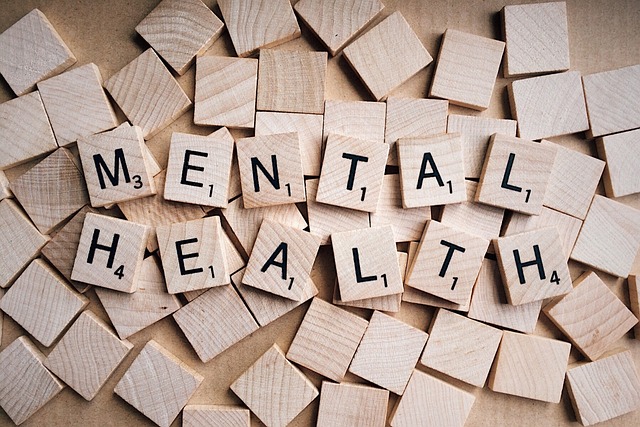Centennial Young Adults face unique mental health challenges due to intense academic and career pressures. Centennial Young Adults Therapy offers tailored solutions through evidence-based practices, promoting self-awareness, resilience, and healthy coping strategies. Their initiatives include mental health education, trauma support, and community partnerships to reduce stigma, empower self-esteem improvement, and ensure long-term well-being for this demographic.
Mental health advocacy initiatives play a vital role in fostering resilience among Centennial young adults. This article delves into the importance of open dialogue, specifically focusing on therapy as a powerful tool for empowering and supporting our youth. We explore strategies for effective advocacy, highlighting community-based programs that promote mental wellness. By understanding the unique challenges faced by Centennial Young Adults, we can create inclusive environments encouraging open conversations about therapy, ultimately enhancing their overall well-being.
- Understanding Mental Health Advocacy: A Necessary Dialogue for Centennial Young Adults
- The Role of Therapy in Empowering and Supporting Our Youth
- Strategies for Effective Mental Health Advocacy Initiatives within the Community
Understanding Mental Health Advocacy: A Necessary Dialogue for Centennial Young Adults

For Centennial Young Adults, navigating mental health issues can be a complex and daunting task. As they stand at the precipice of adulthood, many are confronted with unprecedented pressures from academic excellence to career aspirations and societal expectations. This generation faces unique challenges that require tailored mental health advocacy initiatives focused on their specific needs.
Engaging in open dialogue about mental health is crucial for these young adults. Through mental health education programs designed with their age group in mind, they can gain a deeper understanding of their emotions and develop coping mechanisms. This includes addressing prevalent issues like stress, anxiety, and depression, as well as providing trauma support services to help those who have experienced adverse events. Fostering a culture where self-esteem improvement is prioritized will empower Centennial Young Adults to advocate for their mental wellbeing, ensuring they thrive in an increasingly demanding world.
The Role of Therapy in Empowering and Supporting Our Youth

For many young adults navigating the complexities of adulthood and mental illness, Centennial Young Adults Therapy plays a pivotal role in their journey towards empowerment and healing. This form of specialized support recognizes that the transition into adulthood can be both exhilarating and daunting, often presenting unique challenges that contribute to rising rates of mental health concerns among this demographic. By creating safe spaces for young adults to explore their thoughts and emotions, therapy becomes an invaluable tool in breaking down barriers and challenging the mental illness stigma.
Through evidence-based practices tailored to meet the specific needs of Centennial Young Adults, therapists foster a sense of self-awareness, resilience, and coping strategies. Engaging in regular sessions encourages open dialogue about stress management, emotional regulation, and building healthy relationships. Moreover, these therapeutic environments promote the development of confidence and self-esteem, empowering young adults to advocate for their mental health and pursue meaningful goals. This holistic approach not only equips them with the necessary tools but also builds a strong foundation for long-term well-being, enabling them to thrive in an ever-changing world.
Strategies for Effective Mental Health Advocacy Initiatives within the Community

Mental health advocacy initiatives are crucial for fostering a supportive community, especially among young adults. One effective strategy is to empower individuals through Self-Awareness Exercises and Coping Skills Development. By providing platforms for open discussions and education on mental health, communities can reduce stigma and promote early intervention. Encouraging participation in these exercises can help Centennial Young Adults Therapy clients build resilience and Inner Strength Development, ultimately improving their overall well-being.
Additionally, community partnerships with local schools, workplaces, and healthcare providers are vital. Collaborative efforts can ensure consistent messaging and accessible resources for mental health support. This inclusive approach enables a comprehensive understanding of the issue, leading to more effective advocacy and improved outcomes for those facing mental health challenges.
Mental health advocacy initiatives play a pivotal role in fostering resilience among Centennial Young Adults. By combining open dialogue with accessible therapy, we can create supportive communities that empower our youth to navigate mental health challenges effectively. Integrating these strategies ensures that the next generation receives the necessary tools and resources to thrive, promoting overall well-being for a brighter future.


